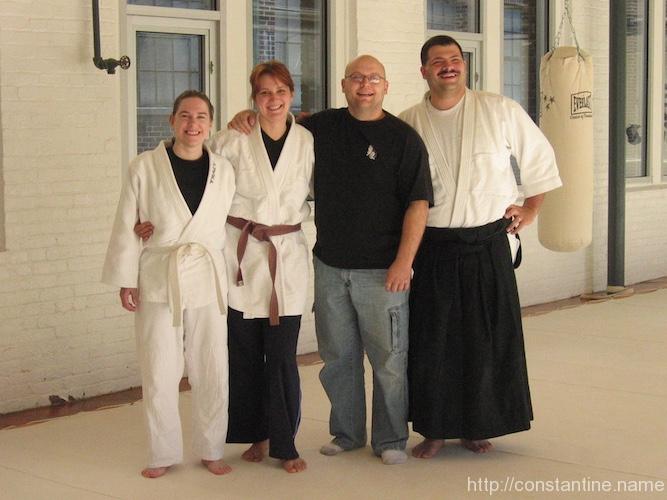Those last few reps are the money makers — the best return for your effort you’re going to get, but many people don’t even know they’re possible. My usual stopping point felt like just about the end of the road, but it was actually the beginning of a hidden, hyper-rewarding territory where exceptional results happen.
~ David Cain, from Doing More is Often Easier
slip:4urado4.
That is a critical life-lesson which I learned through Art du Déplacement. Therein we talk a lot about such things as sharing, being strong to be useful, and community. However, the biggest gains are in the personal development. It’s a journey of growth, yes, but more so it’s a journey of personal discovery. «Allons-y!»
ɕ
